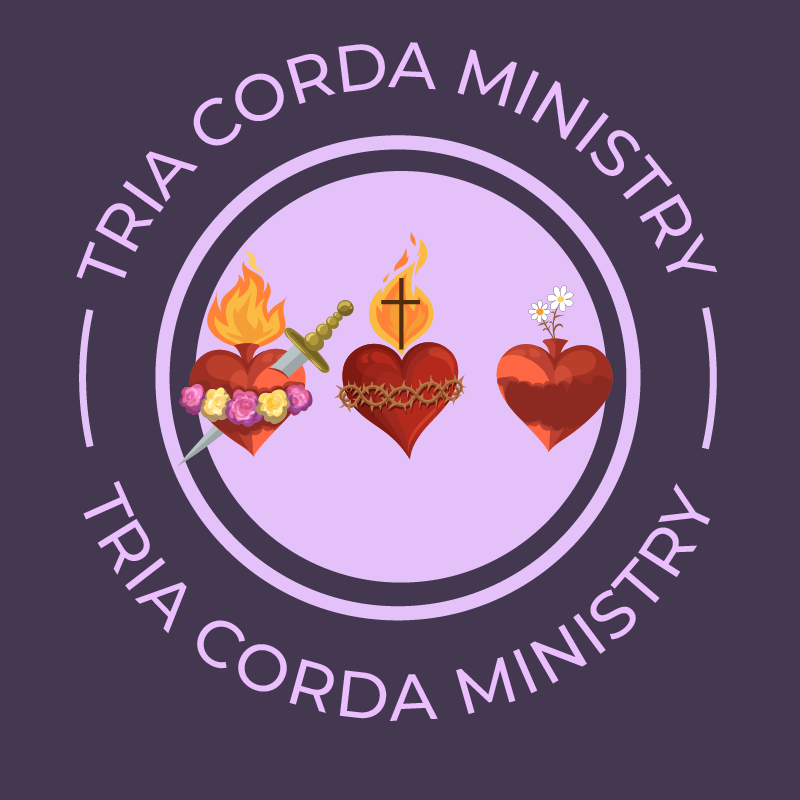Trauma and the Soul

There is very little research on the effects of trauma on the soul, especially from a Catholic perspective. Additionally, when there has been research conducted, there have been some mixed findings on the relationships between trauma, religion, and spirituality. We will dive into this research below.
Before we begin, it is essential to remember that just because someone has experienced trauma does not mean they are doomed to develop these outcomes. And if a person has developed a particular negative outcome due to trauma exposure, they are not necessarily doomed to have it forever. Healing and resilience are possible, and many factors can prevent these outcomes from happening in the first place, and many factors can lead to their healing if they have occurred.
Trauma, Religion, and Spirituality
There are some mixed results in the research literature about the relationships between trauma, religion, and spirituality. For example, one study found that having spiritual beliefs was associated with having more PTSD symptoms. This finding may seem counterintuitive, but the authors noted that because they only collected data at one time, it may be that the people who had more severe PTSD symptoms were using spirituality as a way to cope with trauma (1). Therefore, this relationship may be more showing that people use spirituality to cope with trauma instead of spirituality having negative effects on trauma recovery. This study is just one example of some mixed results.
However, some other studies have found that trauma can have negative effects on spiritual and religious beliefs. For example, in a survey of older adults in the United States, those who had experienced more trauma throughout their lives had more religious doubt. Interestingly, if people were more humble, trauma did not affect them as much in this way (2). This study shows not only that trauma can negatively affect people spiritually but also that different personal characteristics can strengthen or lessen these effects.
Effects Dependent on the Person
Overall, researchers have found that the effects of religion and spirituality on how a person recovers from trauma can depend on the characteristics of the person. For example, several studies have found that those who have intrinsic religiosity, meaning they practice religion for God’s sake, tend to have worse PTSD symptoms for the four months following the trauma exposure. Then, their symptoms tend to decrease and they grow more as a result of the trauma. They can take those experiences and grow stronger because of them. In contrast, those who have extrinsic religiosity or practice their religion only for personal gain tend to have more PTSD symptoms (3).
Additionally, the characteristics of the person can cause trauma to affect religion and spirituality in different ways. For example, in a study conducted in Australia, experiencing the death of a friend or relative or personal injury in the past year led to an increase in the importance of religious beliefs. For those who were highly religious before experiencing the trauma, experiencing physical violence led to a rise in the importance of their religious beliefs. However, in those who had attended religious services one or more times a week before the trauma, losing a spouse or child was associated with a decrease in the importance of religious beliefs. So, how often a person goes to religious services can cause trauma to affect them in different ways.
Trauma, Religiosity, and Spirituality
Most of the research conducted in this area has focused on how PTSD is related to spirituality and religiosity. Overall, researchers theorize that trauma shatters a person’s assumptions about God, such as beliefs that God is a protector or benevolent. These shattered assumptions can cause a person to struggle with their religion, and this struggle may lead to more PTSD (4).
Research has tended to back up this theory. For example, in those with PTSD, there tend to be more religious changes after trauma (5). Additionally, in a study conducted with church-going trauma survivors, religious strain, or dissatisfaction with God, attributing the trauma to the devil or God’s punishment, passively waiting on God to come in and change things, was associated with more PTSD symptoms (6). Similarly, in a study of trauma-exposed college students, the links between trauma and PTSD were explained by having more spiritual struggles, especially when the person saw the trauma as God’s punishment, was angry with God, felt abandoned by God, and no longer saw God as powerful (7). Overall, then, spiritual struggles resulting from trauma can lead to more PTSD.
Conclusion
Overall, despite some mixed results in the research, trauma appears to negatively affect a person religiously and spiritually. Additionally, the more trauma causes those struggles, the more symptoms of PTSD a person may have. More research must be conducted in this area, especially from a Catholic perspective, to understand these effects better.
There is hope for healing and resilience following exposure to trauma. If you or someone you know may be suffering from these negative effects of trauma, please visit the healing resources page to begin your healing journey.
To learn more about the effects of trauma, please visit the following pages:
